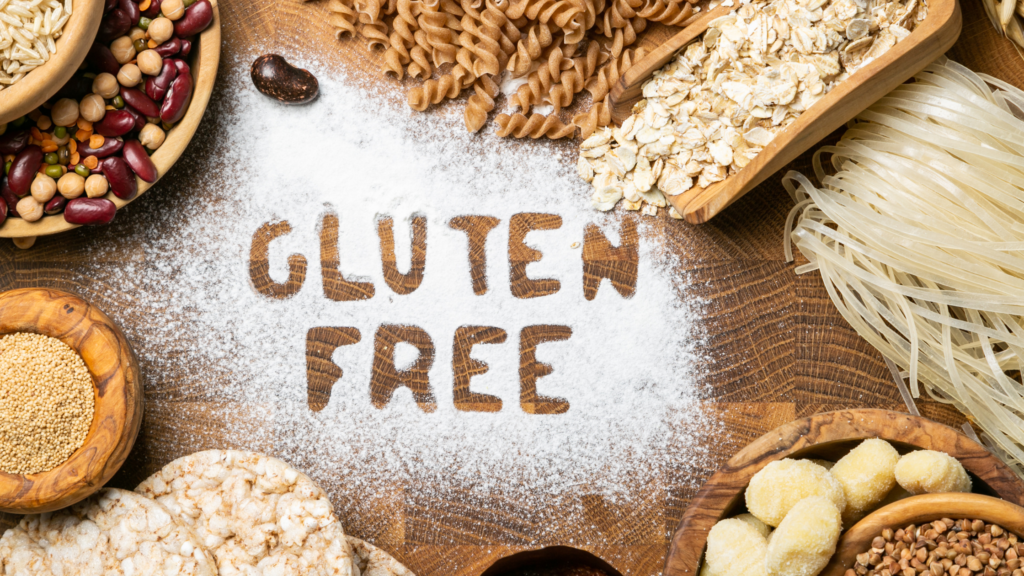When we talk about gluten-free eating, it is common to focus on excluding this protein, but it is essential to think beyond the restriction. A gluten-free diet is not automatically synonymous with a healthy diet — many gluten-free industrial products can be high in sugars and saturated fats and low in fiber and nutrients.
Therefore, those who choose or need to follow this eating style should prioritize natural and minimally processed foods: fruits, vegetables, legumes, lean proteins and grains such as rice, quinoa and amaranth. In addition, variety is essential to ensure a balanced intake of vitamins and minerals, avoiding nutritional deficiencies common in poorly planned diets.
Therefore, adopting a gluten-free diet requires extra attention not only to excluding gluten, but also to the quality and nutritional value of what goes on the plate.


